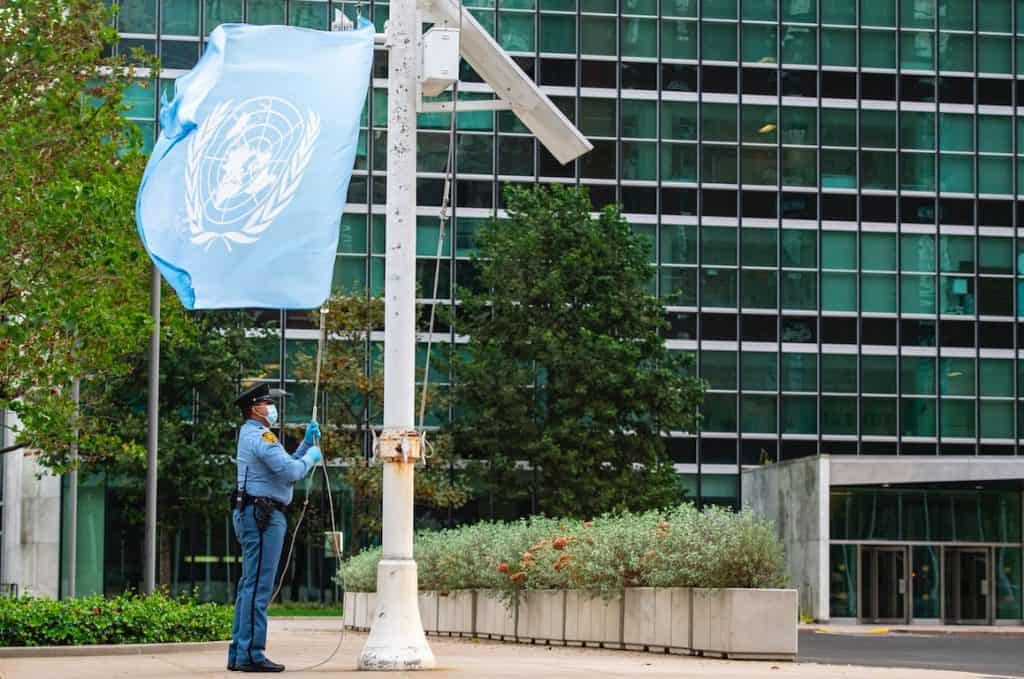Can the “Third UN” Reimagine Post-Covid Global Cooperation?
Originally published on PassBlue, October 19, 2020 by Tatiana Carayannis and Thomas G. Weiss
This week we celebrate the 75th anniversary of the United Nations, as the Covid-19 pandemic highlights our interdependence and the need for global cooperation. Enthusiasm for it, however, is in short supply amid deteriorating Washington-Beijing relations, Brexit and rising populisms. Throughout its history, the UN has confronted bureaucratic challenges and radical changes in world politics but none has yet been lethal. With a global depression looming from the pandemic, the planet is hard-pressed to respond to current, let alone future, threats without greater collaboration across borders and more robust, just intergovernmental institutions.
Yet the UN was not built to solve transnational problems unless the most powerful states assented. At this juncture, major and even minor powers are circling the wagons, the very opposite principle required to address existential threats to public health and the human environment. Could an $8 trillion to $10 trillion (or 10 percent) drop in global GDP and accompanying widespread death and deprivation catalyze rethinking the 75-year-old experiment to ensure a centennial?
Is the UN, as a state-based institution, nimble enough to adapt and confront new realities? A short, yet generous, answer is, “not yet.” How can the UN be made fitter for future purposes, especially when change approaches at warp speed? The UN Charter has proven flexible for some altered realities, but adaptation let alone transformation will require creative thinking to help turn the UN tanker. As inveterate optimists, we hold out the possibility for success. As social scientists, we know better than to predict that outcome.
Continue reading here.

